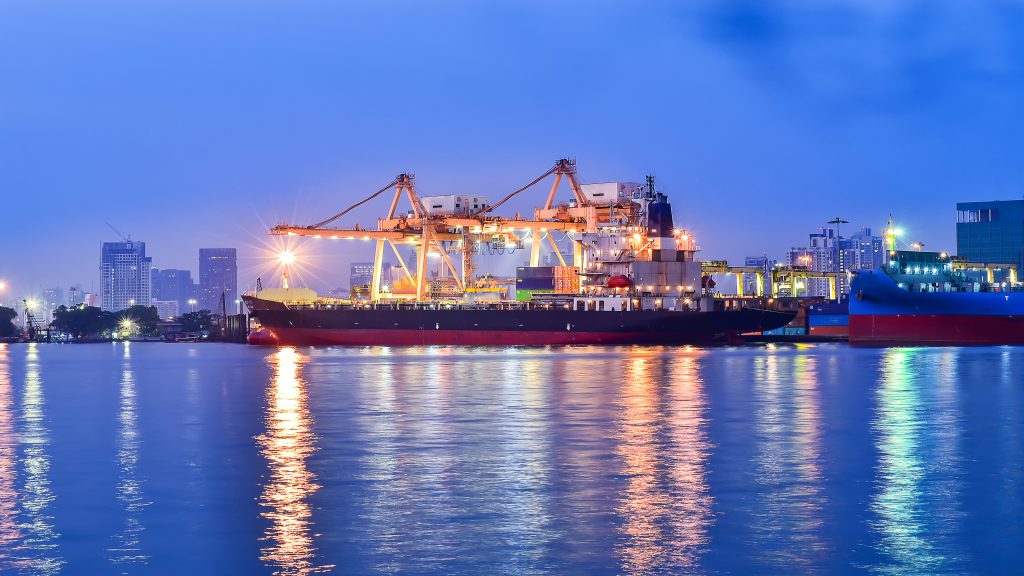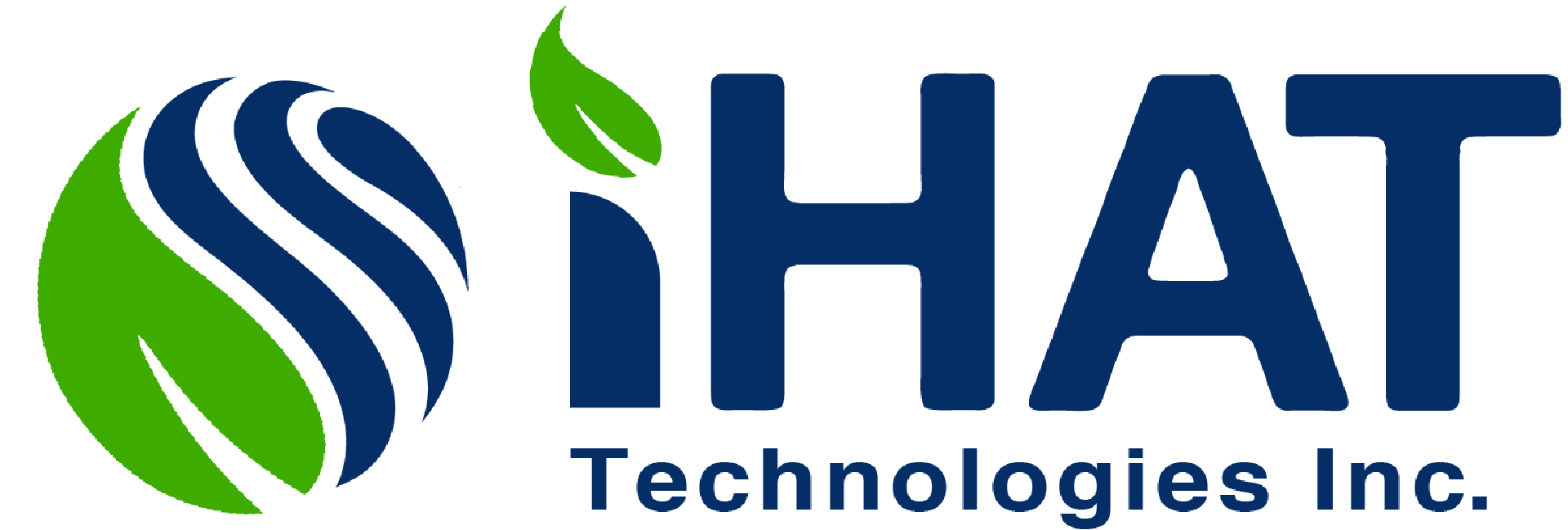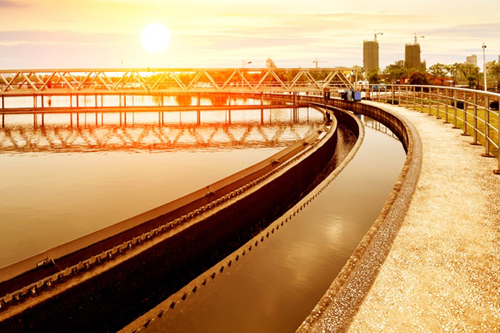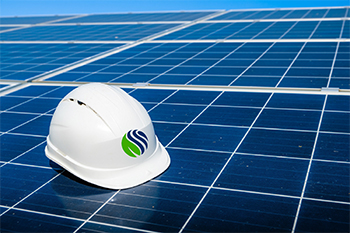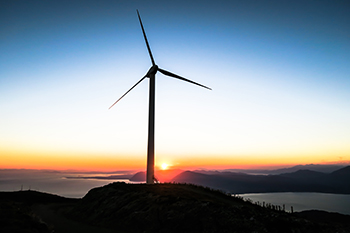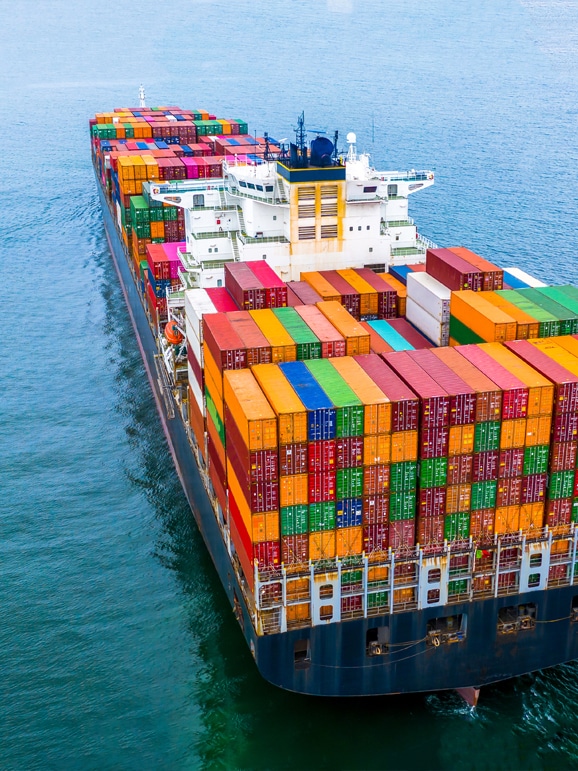
- Home
- /
- Marine
Marine
What does IMO 2022 Mean for ship Owners?
Diesel Generators
In 2016, the IMO announced that the effective date for the reduction of marine fuel sulphur will be 2020.
Under the new global cap, ships will have to use marine fuels with a sulphur content of no more than 0.5%S against the current limit of 3.5%S in an effort to reduce greenhouse gas emissions.
Shipowners will soon need to decide if they want to continue using high sulphur fuel oil, in conjunction with scrubbers or exhaust gas cleaning systems; or switch to low sulphur fuel options, including distillates; or virtually sulphur-free LNG fuel.
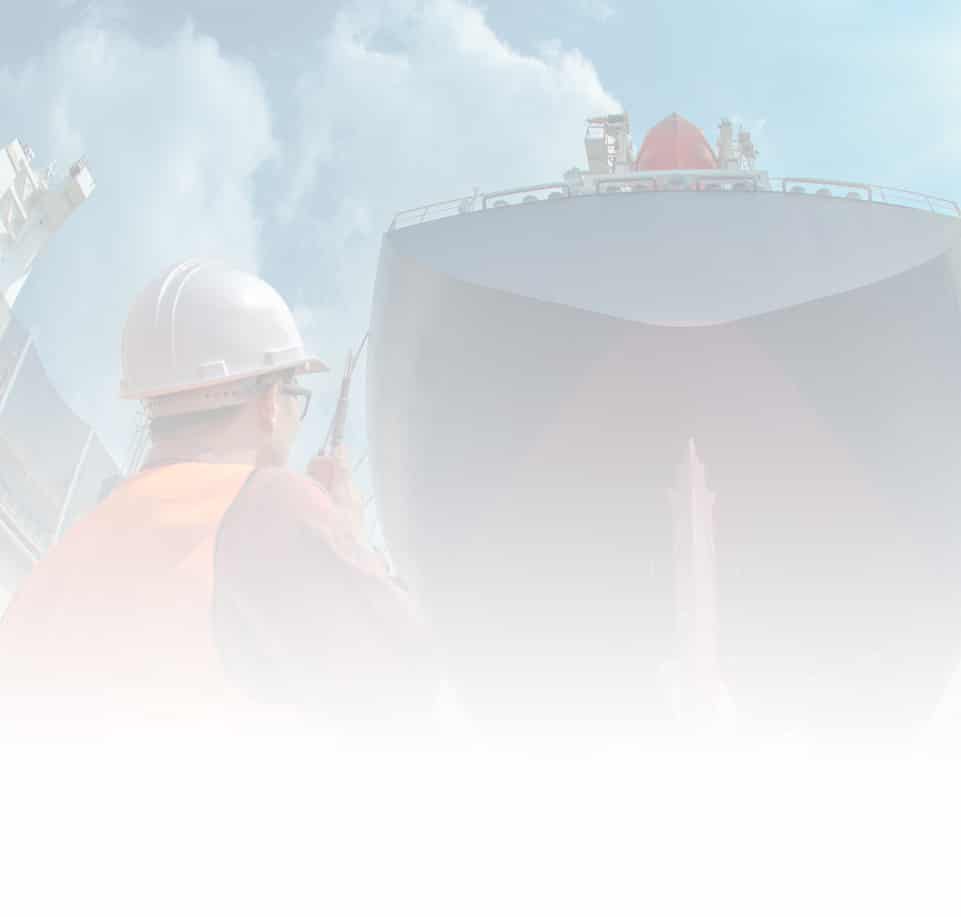
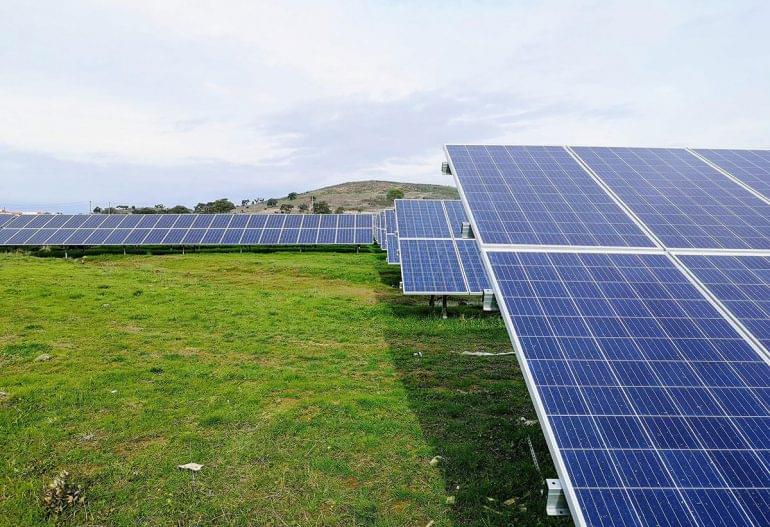
UN Organizations Launch Clean Energy Plan
Against the backdrop of a global energy crisis and worsening climate emergency, today the UN …

iHAT Africa Public Announcement
iHAT AFRICA intends to develop and integration project for poultry production and renewable energy generation in the town ofZalala.
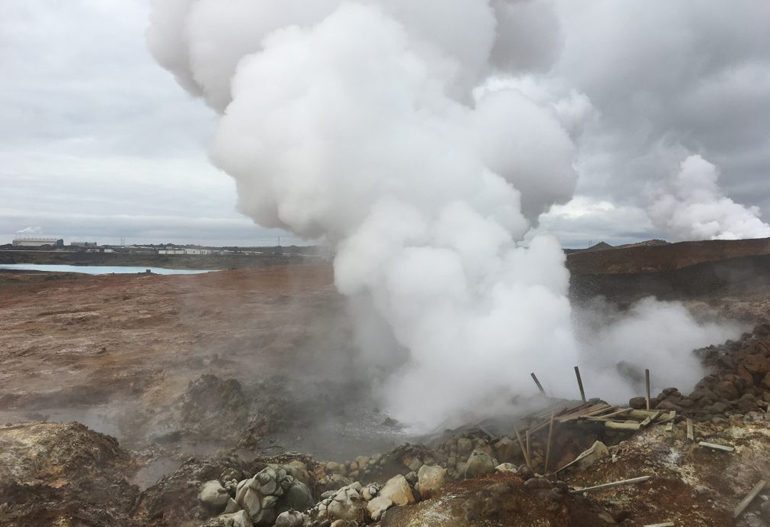
Geothermal Energy Production & Utilisation
Geothermal energy can be found all over the world, how feasible its utilisation is…
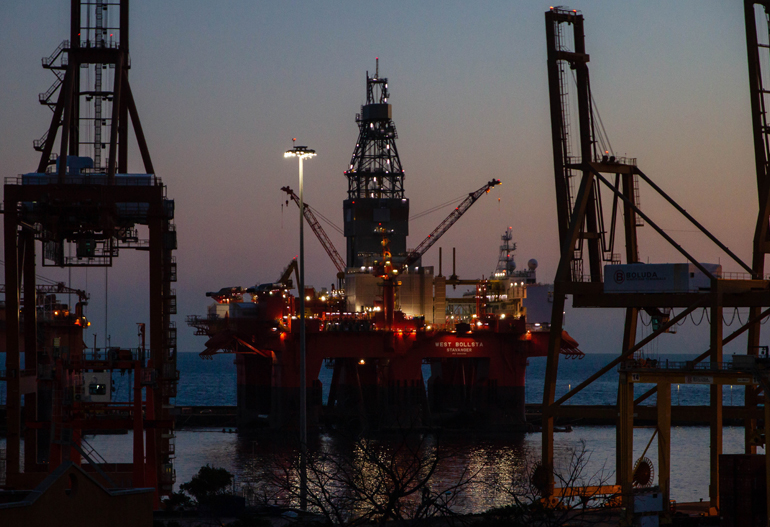
‘First-of-its-kind’ study to test geothermal energy
Geothermal is a type of renewable energy taken from heat that comes from the earth’s subsurface, ..
iHAT collects and shares reliable information from various sites including , IREANA International Renewable Energy Agency →
The solution that works best for types of ships:
